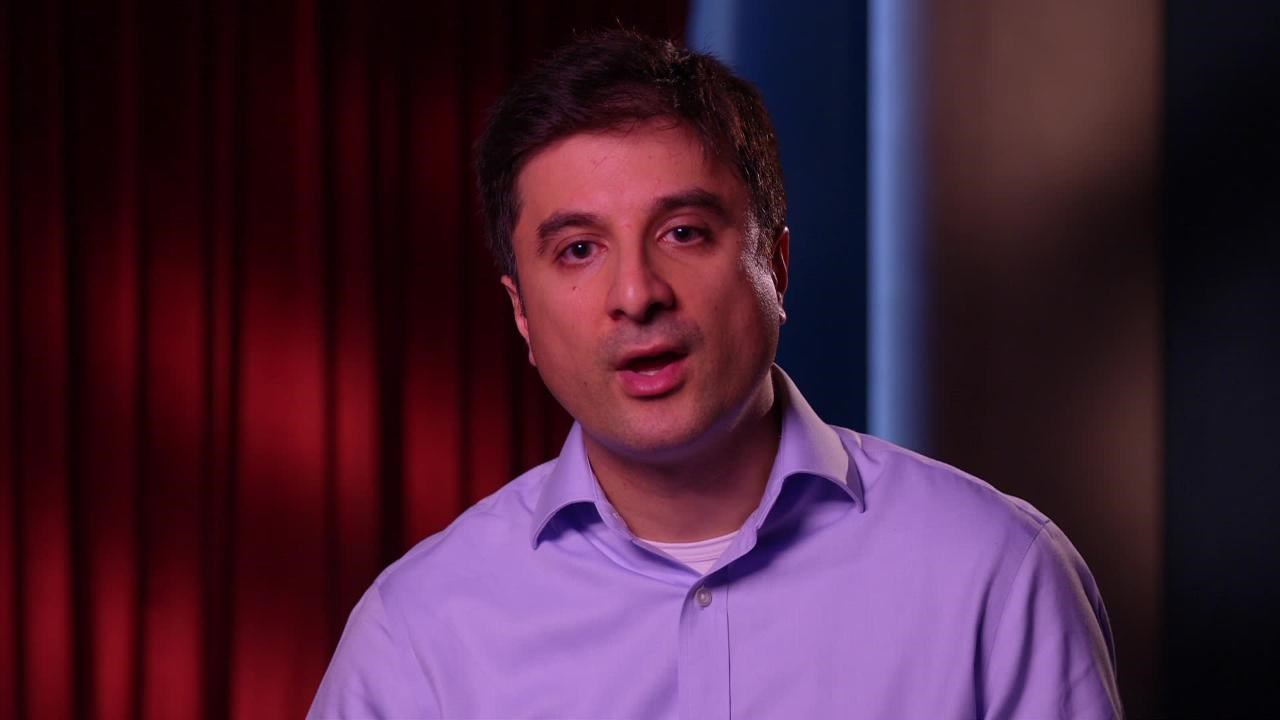
Video: What happens during a heart attack?
Peer reviewed by Dr Sarah Jarvis MBE, FRCGPLast updated by Dr Yassir Javaid, MRCGPLast updated 23 Nov 2017
Meets Patient’s editorial guidelines
- DownloadDownload
- Share
- Language
- Discussion
Heart attacks are common, but much misunderstood by both those who have them and those first on the scene. We've gathered some experts on the subject to help you understand what a heart attack is and how to reduce the risk of them happening.
In this article:
Video picks for Heart attack
Playlist: Heart Attack Q&A
6 videos
What happens during a heart attack?
Dr Yassir Javaid, MRCGP
What happens during a heart attack?
Dr. Yassir Javaid, MRCGP

How do you reduce risk of a heart attack?
Dr. Yassir Javaid, MRCGP

Is indigestion a sign of a heart attack?
Dr. Yassir Javaid, MRCGP

What causes pain on the left side of your chest?
Dr. Yassir Javaid, MRCGP

Why do I get chest pain after eating?
Dr. Yassir Javaid, MRCGP

Does heart disease run in the family?
Dr. Yassir Javaid, MRCGP
What happens during a heart attack?
Dr Yassir Javaid, GP, Cardiology Specialist
When you have a heart attack that means that there has been a sudden blockage in one of your coronary arteries and the coronary arteries are the blood vessels that supply the heart muscle with oxygen.
We know the heart is full of blood, but it’s actually the coronary arteries that give that to the heart muscle. In a heart attack situation the heart muscle or part of heart muscle is being deprived of oxygen and will ultimately die. The main symptoms would be a pretty sudden onset chest discomfort, often described as a heaviness or tightness which can spread to the arms or even the neck or jaw.
How do you reduce the risk of a heart attack?
Back to contentsDr Yassir Javaid, GP, Cardiology Specialist
There are lots of things you can do to reduce your risk of having a heart attack. One of the most important things if you’re a smoker is please quit and seeing your GP can really help.
Try to be more active and have a heart healthy diet, something like the Mediterranean diet because we know that can really reduce your risk of high blood pressure, high cholesterol and of course developing type 2 diabetes.
Continue reading below
Is indigestion a sign of a heart attack?
Back to contentsDr Yassir Javaid, GP, Cardiology Specialist
Indigestion is by definition pain that comes from the stomach, the oesophagus or gullet often from acid reflux. However in some patients, particularly if you’re over the age of 75, if you’re a woman or if you have diabetes, it can be difficult to distinguish heart pain from indigestion.
It’s really important if you’re not sure about the pain that you’re getting to see a doctor to help distinguish what type of pain you are experiencing.
What causes pain on the left side of your chest?
Back to contentsDr Yassir Javaid, GP, Cardiology Specialist
There are many causes of left sided chest pain. Most people would be worried about their heart, but surprisingly most pain on the left side of the chest is not from the heart because heart pain usually causes a central chest tightness or heaviness. Not a sharp or stabbing pain that is usually due to a muscle tweaking on the chest wall.
Any problem with the lung and in particular the lining of the lung can cause left sided chest pain and indigestion can often also cause pain on the left side of the chest.
Continue reading below
Why do I get chest pain after eating?
Back to contentsDr Yassir Javaid, GP, Cardiology Specialist
Chest pain after eating can be due to pain from the heart, particularly if you’ve eaten a large heavy meal that can put a lot of strain on the heart because of the energy required to digest that meal.
But it’s gonna be far more likely to be due to indigestion. When you eat a meal acid is often produced in the stomach that can cause symptoms of pain lower down in your chest and that acid can sometimes reflux back into your gullet and that can cause pain behind your breast bone.
Does heart disease run in the family?
Back to contentsDr Yassir Javaid, GP, Cardiology Specialist
Heart disease can run in families. The evidence suggests that you don’t inherit a risk of having heart disease, but you may for most people inherit the risk factors or the tendency to have risk factors of heart disease, like having a high blood pressure or developing type 2 diabetes.
It’ll be very very rare for any particular individual to not have a family member, because heart disease is so common, who has experienced heart disease. What is much more concerning however is that individual who has a strong family history of early heart disease. I think if you’ve had any family member who’s had a heart problem below the age of 55 in a male or 65 in a female you should get your risk factors checked out at an early stage with your GP.
Patient picks for Heart attack

Heart health and blood vessels
Is it indigestion or a heart attack?
Every three minutes someone in the UK is struck by a heart attack, and 30% are fatal, so the faster help is given the better. Recognising the symptoms – or whether you are simply suffering from indigestion – and knowing what to do, is therefore very important.
by Danny Chadburn

Heart health and blood vessels
When the heat rises, so do heart risks: What you need to know
Heat waves and high temperatures brings health risks. The American Heart Association (AHA) has issued warnings about taking extra precautions to stay safe in high temperatures. Find out how to help yourself stay cool and healthy here.
by Lawrence Higgins
Continue reading below
Article history
The information on this page is peer reviewed by qualified clinicians.
23 Nov 2017 | Latest version

Ask, share, connect.
Browse discussions, ask questions, and share experiences across hundreds of health topics.

Feeling unwell?
Assess your symptoms online for free
Sign up to the Patient newsletter
Your weekly dose of clear, trustworthy health advice - written to help you feel informed, confident and in control.
By subscribing you accept our Privacy Policy. You can unsubscribe at any time. We never sell your data.